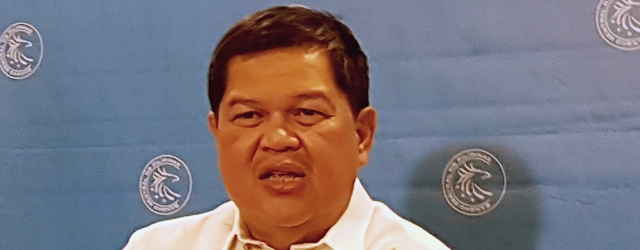The Philippines endures at least oneseamless transition of leadership as deputy rises to top post.

The appointment of Nestor Espenilla Jr. as governor of Bangko Sentral ng Pilipinas (BSP) is one of President Rodrigo Duterte’s less controversial decisions and may ease investor concerns over the stability of one of Southeast Asia’s fastest growing economies. Espenilla assumes responsibility for monetary policy in July, succeeding veteran central banker Amando Tetangco Jr., who has been at the helm as governor since 2005.
Espenilla is likely to be tested early into his six year term with core inflation rising and a worsening trade deficit expected to force a rise in interest rates in the second half of 2017, according to ANZ Research. There are also signs that economic growth, although robust, may be faltering. Between January and March, the economy expanded 6.4% from a year earlier, lower than consensus estimate of 6.7%.
Still, Espenilla, currently a deputy governor, is seen a safe pair of hands and is expected to maintain current policy. Eugenia Victorino, an analyst at ANZ Research, says market reaction to Espenilla’s appointment will be positive. “As an insider, his appointment will be seen as a seamless transition of leadership. He has worked in various positions within economic research, international operations and the office of the governor.” In the last few years Espenilla was one of three deputy governors.
Tetangco, the outgoing governor of BSP, has won plaudits for his stewardship of central bank policy during frequent periods of political turbulence. Along with former president Benigno Aquino, he is widely credited with reviving the economic fortunes of the Philippines, once dubbed the “Sick Man of Asia” for its corruption and lax regulation.
Analysts say Tetangco, the only governor to have served a second term, will be remembered for crafting monetary policy and for being instrumental in helping the Philippines to achieve its first ever investment grade credit rating in 2013. Consumer inflation “averaged a touch over 4% over his 12 years in office, versus over 6% in the preceding 12 years, (and) BSP has built up a strong reputation internationally,” Alex Holmes, an economist at research firm Capital Economics.
Nevertheless, US investors remain wary of the often-incendiary statements of President Duterte. American companies are among the largest investors in the Philippines’ burgeoning business-process outsourcing sector, which accounts for around 10% of GDP.



